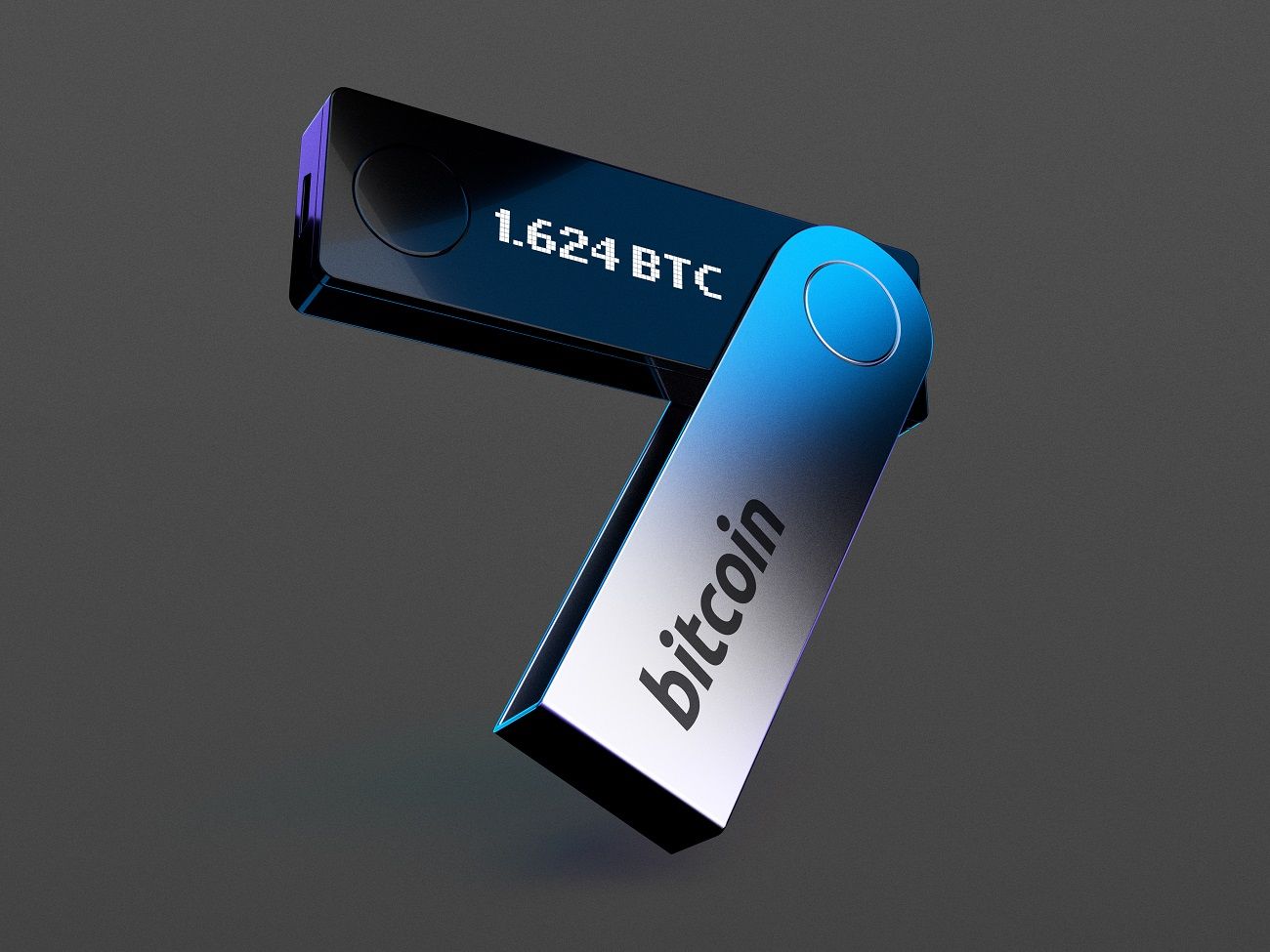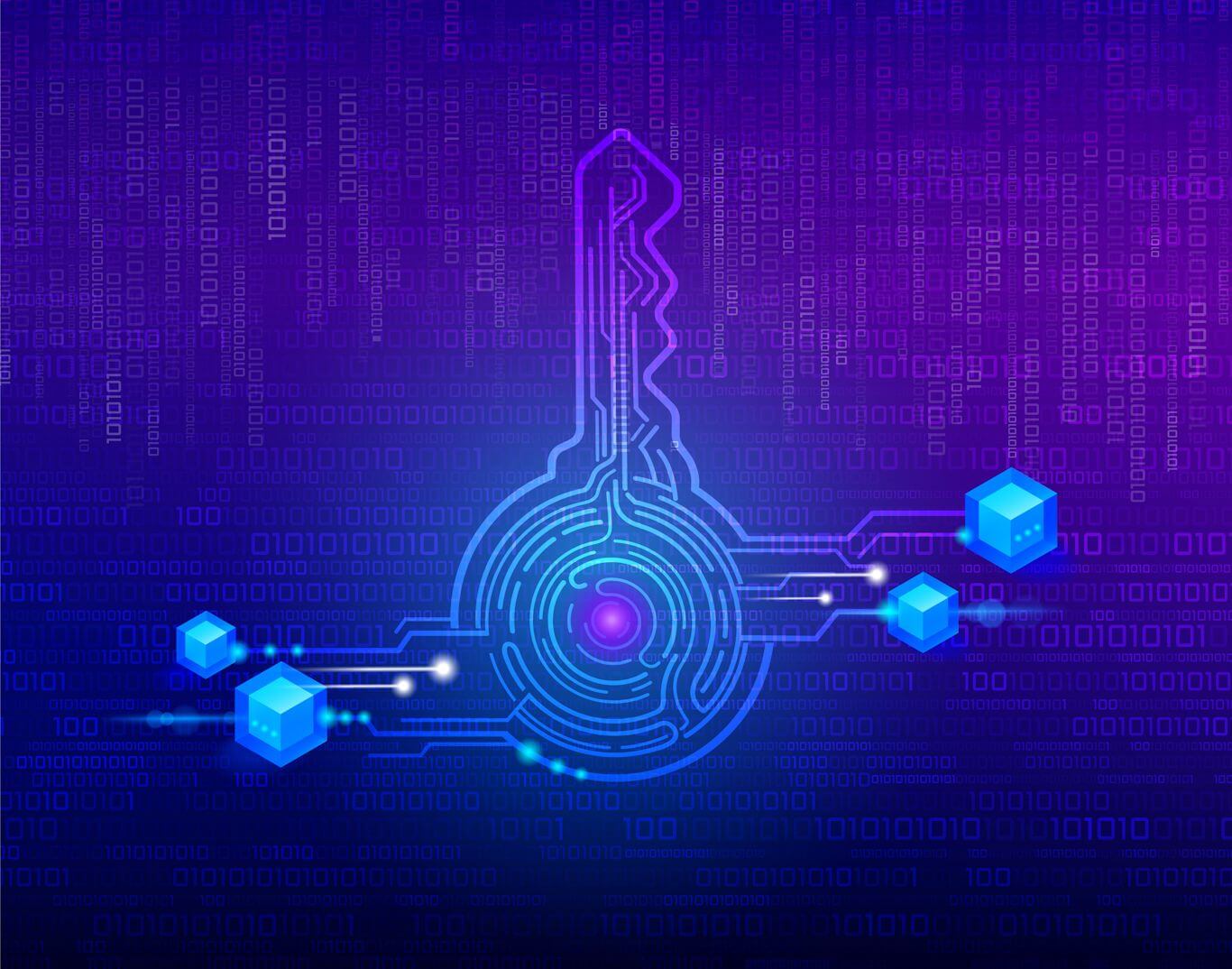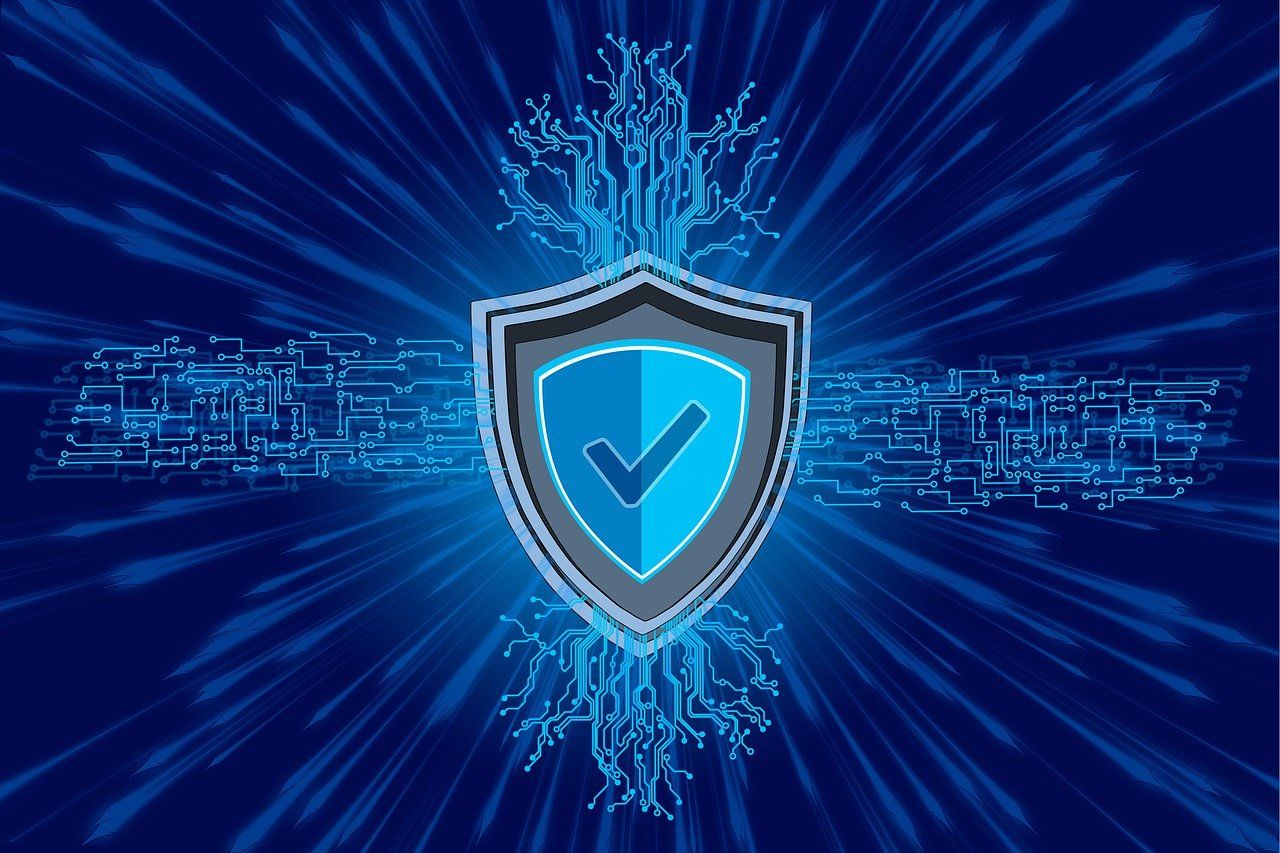
10 Ways to Store Crypto Like a Whale
24 Jul 2023

24 Jul 2023
What are crypto whales and how do they secure their digital assets?
Crypto whales are known for making waves in markets with their big moves. But big moves mean big crypto balances. So how do whales stay safe when crypto markets are teeming with ways to lose your crypto assets?
Read on to learn how you can secure your crypto like a whale, even if the size of your wallet isn’t exactly making waves.
In the vast ocean of the crypto market, 'whales' are the formidable and dominant players who hold large amounts of digital assets. While their trading strategies can drive market fluctuations, one thing is sure — they're extraordinarily diligent about storing their cryptocurrencies securely.
Here are 10 ways to store your crypto like a whale:
Recognizing the significance of safeguarding your assets is paramount. Whales realize that the larger the stash, the more appealing it is to potential attackers. Thus, ensuring maximum security is not an option—it's a necessity. As crypto assets become more mainstream, people are shifting their investments to digital - the more they do this the higher the need for a secure option for all (not just whales).
Cold storage refers to keeping a reserve of cryptocurrencies offline. This method protects from unauthorized access, cyber hacks, and other vulnerabilities that an internet-connected system might face. Examples include:

Just remember, whales as well as minnows can turbocharge their cold storage with Gridlock Wallet, where distributed key generation and storage gives your private keys the ultimate in crypto security.
For an added layer of security, whales often utilize multi-signature wallets. These wallets require multiple private keys to authorize a transaction, much like a multi-signatory bank account. If a hacker gains access to one key, they can't transfer funds without the other required keys.
One type of multisig is the MPC wallet, which stands for multi-party configuration. MPCs help whales and the everyday crypto holder take multisig wallets to a new level. They do this by requiring a network of trusted “Guardians” in order to sign for transactions.
With Gridlock, for instance, the MPC wallet makes it so your private key never exists in one place. It is always broken up into key shares (or shards) among your chosen Guardians.
One of the nightmares for any crypto holder is losing access to their assets. Whales mitigate this risk by regularly backing up their wallets. This backup includes not just the digital assets but also the essential data associated with them like PINs, passphrases, and seed words. All these are kept in secure, often geographically dispersed locations.
An improvement that Gridlock makes is that backing up your seed phrase becomes unnecessary. Instead, your network of Guardians allows you to recover your assets if compromised through social recovery.

Rather than putting all their eggs (or in this case, coins) in one basket, whales diversify their storage. Even if one storage method gets compromised, it won't mean the loss of all their holdings. Different cryptocurrencies, amounts, and access priorities are distributed across various wallets and storage mediums.
This is especially important with active crypto traders. They’ll want to have enough crypto to buy, sell, and trade while their (hopefully growing) profits are often stored elsewhere.

Physical security is as crucial as digital security when it comes to your crypto holdings. Whales ensure their hardware wallets, paper wallets, and backups are kept in safes, deposit boxes, and other secure locations. In many cases, they go to the extent of employing private security or using facilities that specialize in high-security storage.

Thankfully, you don’t have to worry about all the physical security of your digital assets when you have a Gridlock Wallet. Even if your device becomes lost, damaged, or compromised, your wallet stays intact and your crypto is safe and secure. Distributed key storage and your network of Guardians make this a reality not just for whales, but for everyone.
Ensuring that wallet software or associated software is regularly updated is a common practice among whales. These updates often come with security enhancements that protect against newly discovered vulnerabilities. Always keep all your crypto-related software updated to stay ahead of bad actors, whether your balance is .5 ETH or 10,000 Polkadot (DOT).
When the need arises to access or move their cryptocurrencies, whales use secure, private networks and so should you. Public Wi-Fi is a big no-no, given their susceptibility to 'man-in-the-middle' attacks.
With significant holdings, it's common for whales to periodically audit their security measures. This may involve hiring experts to test vulnerabilities or simply reviewing and updating their protocols.
Any crypto holder can regularly audit their security by checking that all wallets are updated, performing backups, and staying informed of the best wallet security procedures.
Last but definitely not least, whales are always on their guard against phishing scams. They're very careful about the links they click, the software they download, the transactions they sign (especially when dealing with NFTs), and the information they share.
While you might not have the holdings of a crypto whale (yet!), adopting their rigorous security methods can provide peace of mind and robust protection for your digital assets. After all, in the world of cryptocurrency, where personal accountability is the cornerstone, security isn't just a luxury—it's a lifeline. Adopting a 'whale mindset' will ensure your assets remain safe and sound in the vast digital ocean.
Download Gridlock Wallet today and start securing your crypto like a whale!
- - -
Written by Reid Zedkongor

Reid Zedkongor is peeling away layers of confusion around blockchain and cybersecurity. With a computer engineering background, he can dive into the details of crypto complexities to make crypto adoption easy for everyone. In his free time, he often reads fiction or enjoys a good laugh over a beer.